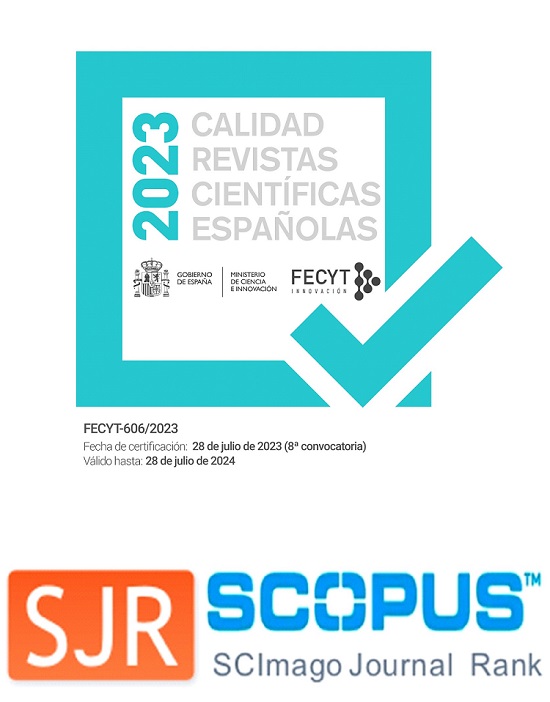The issue of the insane offender at the beginning of 20th century in Poland
Palabras clave:
insane offenders, diminished sanity, criminal responsability, criminal positivism, penalties and precautionary measuresResumen
The purpose of this article is to investigate the institution of insanity and the provisions on insane offenders in the Polish Penal Code of 1932. Developing those norms was part of a major and lengthy legislative process of state penal reform in the first part of the 20th century. Poland was a rising state at that time, having just regained independence after more than 100 years of being incorporated into its neighbouring countries. Thus, the paper will examine the insane offender issue in a broader context in relation to general penal reform, the state of the society and the level of legal culture of the country under transition. Similarly to all of Europe, Poland was affected by a clash of the classical and positivist schools of law. The aim of the article is to examine the ideological and axiological base for insane offender regulations and to investigate whether the positivist notions making waves in Europe at the time influenced the Polish Penal Code, and if so, to what extent. Whether they prevailed and insanity was treated from a modern perspective or they remained rather conservative. This article will also touch upon the topic of foreign impact on the Polish Penal Code and certain country-specific provisions. It is worth mentioning that regulations from the Code of 1932 lay at the base of current legal solutions in the area of criminal liability of mentally impaired offenders.
Descargas
Descargas
Publicado
Cómo citar
Número
Sección
Licencia
Derechos de autor 2023 GLOSSAE. European Journal of Legal History

Esta obra está bajo una licencia internacional Creative Commons Atribución-NoComercial-SinDerivadas 4.0.
Creative Commons Reconocimiento-NoComercial-SinObraDerivada 4.0 España (CC BY-NC-ND 4.0 ES)



